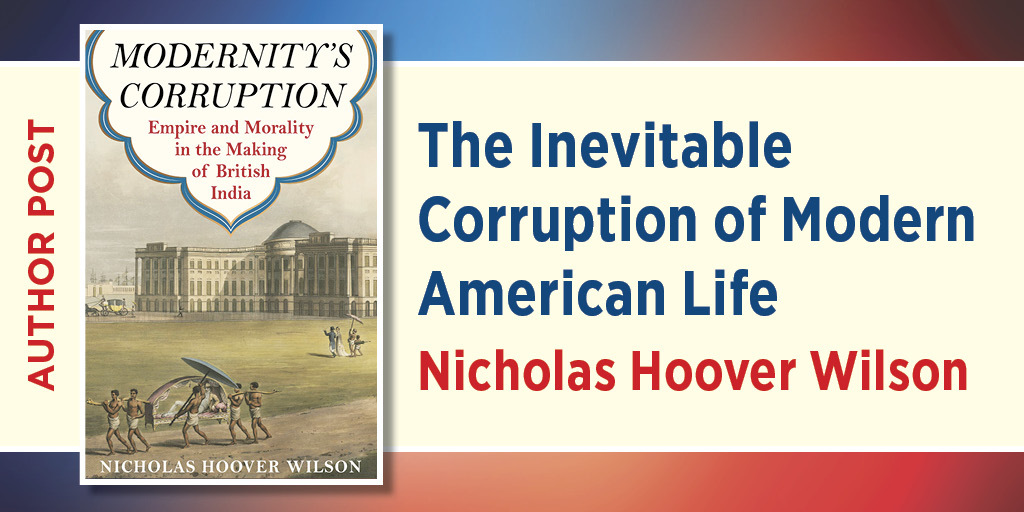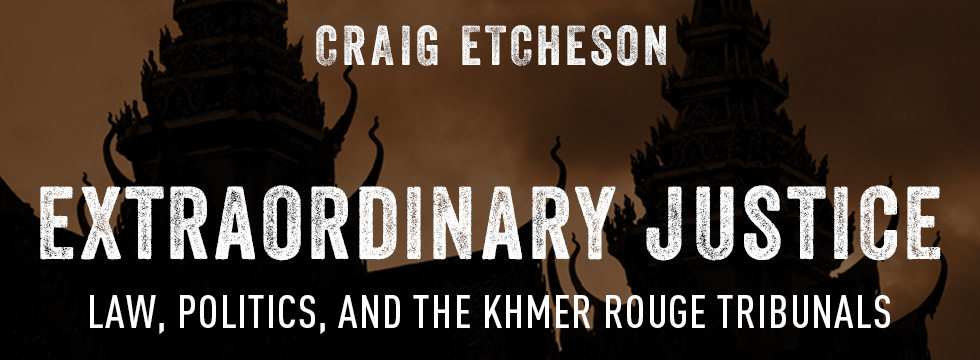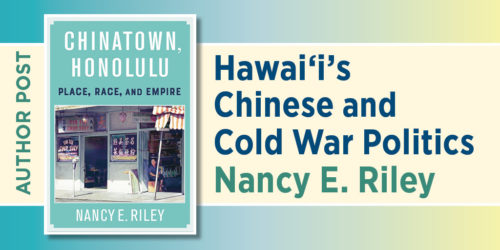The Inevitable Corruption of Modern American Life
Nicholas Hoover Wilson

The story of the United States Supreme Court has lately been corruption. “But Nick, which corruption story do you mean?” I’m glad you asked! I don’t mean the famous 2010 Citizen’s United v. FEC ruling, which, according to Zephyr Teachout’s excellent analysis, vitiated centuries of “bright line” anticorruption law in the United States in favor of the far-narrower quid pro quo definition in which an explicit material gift needs to be knowingly exchanged for official preferment to “count” as corruption, and took already-suspicious practices of political donation to new lows. Nor do I mean the breathtaking changes in the confirmation process, in which something resembling bipartisan evaluations of qualifications have given way to farcically naked political efforts to place Federalist Society–gestated jurists on the Court. No, instead I mean the recent ProPublica revelations that Justices Clarence Thomas and Samuel Alito accepted (but did not report) a variety of benefits from right-wing billionaires, including tuition for family members, renovations to homes, and lavish vacations.
To those unfamiliar with the U.S. Supreme Court or elite American life more generally, what might be most surprising about these latest revelations is how frankly unapologetic Thomas and Alito have been. Thomas stated that “this sort of personal hospitality from close personal friends, who did not have business before the court, was not reportable,” and Alito preempted ProPublica reporting in a pedantic Wall Street Journal op-ed. Neither justice seems to think he did anything wrong, and in fact both seem outraged that we might even imagine that they could be influenced by such gifts and practices.
And of course, no one can force their apology or even change their behavior: Supreme Court justices have lifetime appointments (in part to prevent influence!), and they are subject to no ethical code other than voluntary disclosure and recusal rules (any form of external oversight, says John Roberts, the chief justice, would violate the separation of judicial, executive, and legislative powers inscribed in the Constitution—leaving aside, of course, the fact that the Supreme Court is the arbiter of what the Constitution says!)
… modernity’s corruption exists in the gap between our understanding of what is appropriate in specific social contexts…and the more abstract, universal social spaces that we imagine exist everywhere and apply equally to everyone.
This chaos around corruption on the Supreme Court is certainly new in my lifetime, but as I explore in my book, Modernity’s Corruption, it in fact expresses a deep tension in the way we think about corruption in the modern world. We tend today to think of corruption as an expression of universal moral senses about the difference between right and wrong or in terms of rules and procedures that should be followed by everyone everywhere. Indeed, this is at the heart of several common philosophies of what justice, fairness, and morality are in the first place.
Yet as I show through an analysis of corruption accusations and scandals in the British empire at the turn of the nineteenth century, this way of thinking about corruption generates an inevitable tension between the norms and understandings that tend to develop in networks of cloistered, powerful, elite officials and the views of those who are unfamiliar—because they have tried to enter those networks and have been shut out or simply because their lives are so different that it is hard to imagine even having the same choices as the elite and powerful do. When this gap is large (as, I argue, it was between British East India Company officials and members of the British reading public who had never been to India and knew little about the company’s politics), this dynamic generates abstract ideas of “markets,” “the public,” and “private interest” that are then used to justify certain acts as corrupt while also implying that others are acceptable. In other words, modernity’s corruption exists in the gap between our understanding of what is appropriate in specific social contexts (like elite administrative and official networks) and the more abstract, universal social spaces that we imagine exist everywhere and apply equally to everyone.
The specific case I use to develop this way of thinking about corruption is obviously distant from the here-and-now of the Supreme Court, but that very distance helps supply a perspective on this latest round of scandal that goes beyond anodyne calls for “more oversight” or “stronger enforcement.” For one thing, it reminds us that every important practice in modern life is potentially corrupt in someone’s eye. That is, modern life is so complex and shot through with so many different local norms and procedures that at least something any one of us does in our work or ordinary life could meaningfully appear “corrupt” to someone else.
…Alito’s and Thomas’s behavior and the organized influence campaign it represents seem odious to us precisely because it has been so successful.
Second, Alito’s and Thomas’s behavior and the organized influence campaign it represents seem odious to us precisely because it has been so successful. The Federalist Society and the emerging evidence that accepting its patronage has also meant the sponsorship of one right-wing billionaire or another, would look like a risible waste of time if it were not for the manifest effects it has had on American life. In other words, since the Federalist Society was founded in 1982, an elite cadre of conservative activists saw the federal judiciary as the key venue through which to enact policies far out of step with popular desires, and they very effectively did so.
Third, because all of us are inevitably embedded in social settings and networks with their own specialized rules and procedures, a purely disinterested perspective on any significant matter is simply impossible, and so it is hard to see how vitiated legal categories of bribery, ethical policies like conflict of interest, or tissue-thin moral concepts like “impartiality” will save us on their own. Instead, they need to be invigorated and made meaningful by consistent pressure from peers and distant observers alike.
Fourth, to make an argument about what is corrupt is also always an argument about what is virtuous. In Alan Ryan’s words, “in order to decide what is and what is not corrupt behavior we need an antecedent view about what good behavior is like and how it comes to be corrupted.” This usefully reorients our discussion away from the negative argument that what Thomas and Alito did was wrong and toward positive, substantive discussions of what kind of society we want to live in—is it one that operates with breathtaking inequality, a failing environment, and violent fragmentation or one whose moral aims (and consequent understanding of corruption) are oriented around providing the conditions where we can all flourish?
Nicholas Hoover Wilson is associate professor of sociology at Stony Brook University and the author of Modernity’s Corruption: Empire and Morality in the Making of British India.




